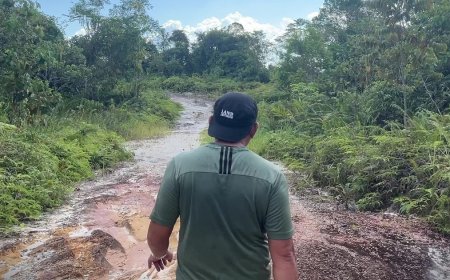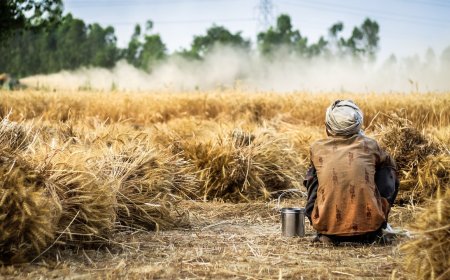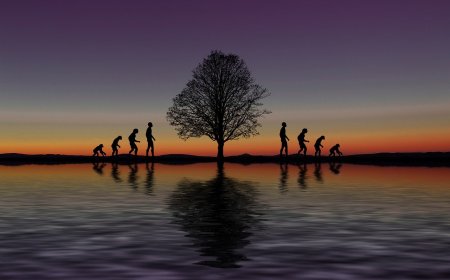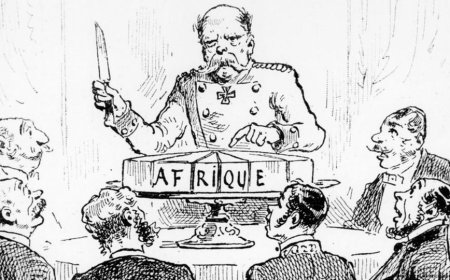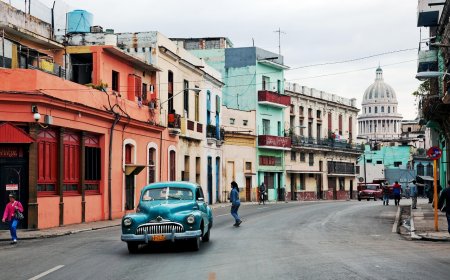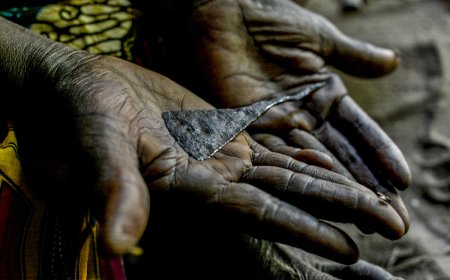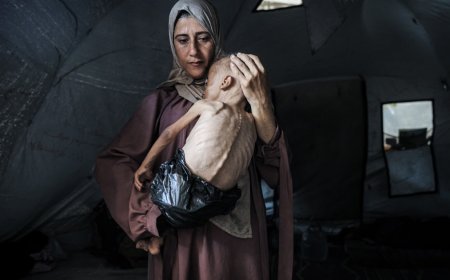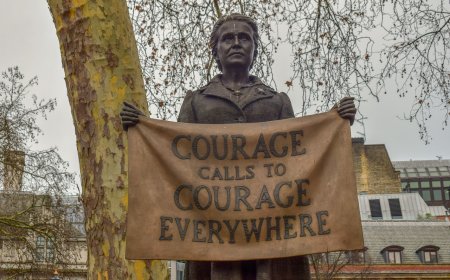The tragedy of the European colonial expansion
European colonial empires left behind them an immense face of suffering and death. But the true story of this infamy is yet to be told.

Colonization's impact varied depending on factors like region, time period, and specific historical events. Spain, Portugal, UK, Italy, Belgium, France, the Nederlands and Germany were involved in colonial activities that led to significant suffering for indigenous populations in various parts of the world.
Spain's colonization is often associated with the conquest of the Americas. Spanish colonization led to the decimation of indigenous populations due to diseases, forced labor, warfare, and displacement. The Spanish conquest had a profound impact on civilizations like the Aztecs and the Incas. However, it's also important to acknowledge that other colonial powers had similarly devastating impacts in other regions.
Portugal played a significant role in the colonization of areas such as Brazil, parts of Africa, and Asia. In some cases, the Portuguese engaged in violent conquest and exploitation of indigenous populations. The transatlantic slave trade, which involved Portugal and other European countries, caused immense suffering to African populations.
The British Empire had vast global colonial holdings, including parts of Africa, Asia, the Americas, and Australia. The impact of British colonization varied widely across these regions. In some cases, British colonial practices led to significant suffering and loss of life, often through violence, exploitation, and forced labor.
French colonization included territories in Africa, Asia, and the Americas. The French colonial period saw significant exploitation and mistreatment of indigenous populations, including forced labor and cultural suppression. The colonization of Algeria and its impact on the Algerian population is one example of the suffering caused by French colonialism.
It's challenging to definitively determine which of these colonial powers was the most deadly in terms of suffering inflicted on indigenous populations. Each had its own share of atrocities, and the scale of suffering varied across different regions and time periods. Additionally, discussing the "most deadly" colonization can inadvertently diminish the importance of acknowledging the suffering caused by all colonial powers.
The loss of lives during the colonial period due to the actions of European powers is a tragic and sensitive topic. Historical records from that time are often incomplete, and estimates can vary widely.
The conquest of the Aztec and Inca civilizations by the Spanish resulted in significant loss of life due to violence, diseases, forced labor, and displacement. The estimated death toll among indigenous populations in the Americas after European contact can range from several million to over 50 million people. Diseases like smallpox, to which indigenous populations had no immunity, were particularly devastating.
The colonization of Brazil by the Portuguese led to the decimation of indigenous populations due to diseases, enslavement, and conflicts. The estimated death toll among indigenous populations in Brazil due to European contact and colonization is also in the millions.
The impact of British colonization varied across regions, including North America, Australia, and parts of Africa and Asia. In North America, the displacement and disease brought by European settlers led to the decline of indigenous populations. Estimates of the indigenous population in North America before European contact vary widely, but it's believed to have been in the millions. The death toll due to colonization and its effects is difficult to quantify but is also significant.
French colonization, particularly in Africa and the Americas, caused suffering and loss of life among indigenous populations. The specifics vary by region, but diseases, conflicts, forced labor, and cultural disruption all contributed to the loss of lives.
Belgium and the Netherlands were also European colonizers with significant colonial activities. While their colonial histories may not be as widely known as those of some other colonial powers, they did have substantial impacts on the regions they colonized:
Belgium's colonial history primarily centers around the Congo Free State, which was privately controlled by King Leopold II of Belgium from the late 19th century to the early 20th century. This period is often referred to as one of the most brutal colonial regimes in history. The exploitation of the Congo's resources, forced labor, and violent suppression of resistance led to significant suffering and loss of life among the Congolese population. The exact death toll is debated, but estimates of the number of people who died as a result of colonization and its effects range from several million to as high as 10 million.
The Dutch colonial history includes territories in Southeast Asia, the Caribbean, and Africa. In Indonesia, for example, the Dutch colonial rule involved exploitation, forced labor, and the suppression of local cultures. The Dutch East India Company (VOC) was heavily involved in the spice trade and exercised control over parts of Indonesia and other territories. The exact death toll and suffering caused by Dutch colonial activities are difficult to quantify, but they had a lasting impact on local populations.
Both Belgium and the Netherlands participated in the global colonial enterprise, which resulted in suffering, exploitation, and loss of life in the territories they controlled. The experiences of indigenous populations varied across regions and time periods, but the legacy of their colonial histories continues to be felt today, shaping socio-political dynamics and interactions.
The colonial period had immense and devastating consequences for indigenous populations around the world. The loss of life was caused by a combination of factors, including violence, diseases, forced labor, displacement, and disruption of traditional ways of life. While specific death tolls are difficult to determine with precision, it's clear that the impact was significant and had far-reaching consequences for generations to come.
Furthermore, focusing solely on death tolls can overlook the broader impacts of colonization, including the loss of culture, language, land, and autonomy for indigenous communities. The legacy of colonization continues to shape societies and interactions today, and acknowledging and understanding these historical realities is crucial for promoting healing, justice, and reconciliation.





